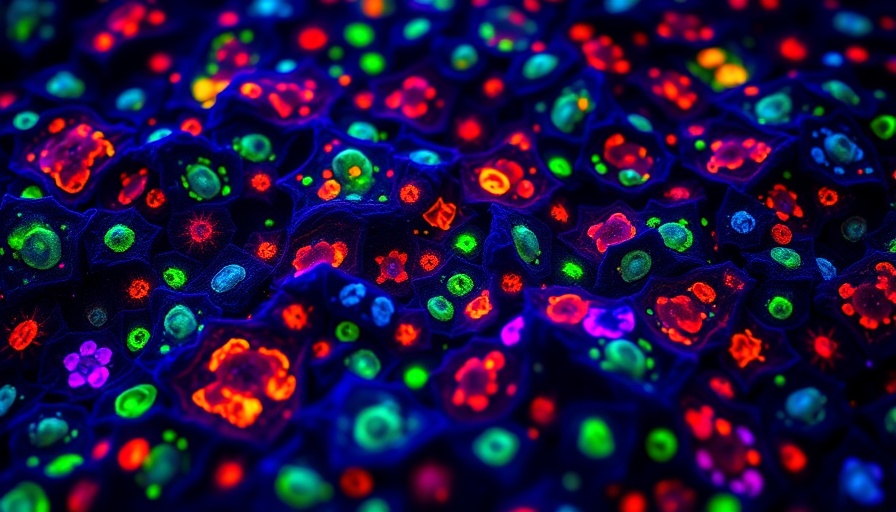
Amina Abubakar: Pioneering Autism Research in Kenya
In the heart of Kilifi, Kenya, Dr. Amina Abubakar stands as a beacon of hope for families navigating the complexities of autism. As a senior research scientist at the Kenya Medical Research Institute (KEMRI) and a dedicated developmental psychologist, Abubakar has committed over a decade to enhancing autism research and care across sub-Saharan Africa.
A Journey Rooted in Personal Experience
Abubakar's passion for improving autism awareness and services stems from her personal connections. With two nephews on the autism spectrum living in Sweden, she has seen firsthand the differences in support available for neurodiverse individuals in developed countries compared to those in Kenya. "My sister is privileged because she lives in Europe, but what about mothers in Kilifi or other rural parts of Kenya who lack this support?" she reflects. This realization fueled her mission: to bridge the services gap faced by families in her community.
Transforming Autism Care Through Research and Advocacy
Beyond her clinical responsibilities, Abubakar is a professor of developmental psychology at the Aga Khan University in Nairobi, where she leads the Institute for Human Development. She has collaborated with international experts to expand autism screening and enhance diagnosis capabilities, particularly in rural areas that often remain underserved. Her work emphasizes the importance of integrating autism research into broader health initiatives, particularly in addressing child mortality rates, providing a compelling argument for increased funding and awareness.
The Laboratory and the Community
Abubakar’s talent for connecting with people, whether in bustling clinics or academic settings, has been fundamental to her success. Her colleague, Professor Charles Newton from the University of Oxford, recalls meeting her in 2004 during her graduate studies, noting that she was one of the most promising students he had encountered. Their ongoing collaboration spans several critical studies, including the NeuroDev Kenya study, which aims to unravel the genetic and environmental factors impacting neurodevelopmental conditions across Africa.
Building Networks for Collective Understanding
Dr. Abubakar advocates for building strong networks among researchers, clinicians, and families. In a region where stigma and misinformation about autism persist, she emphasizes the need for education and understanding. By collaborating with government and non-governmental organizations, Abubakar works tirelessly to disseminate knowledge, support families, and challenge entrenched stigmas. Her efforts underscore the evolving narrative surrounding autism in Kenya, transitioning from exclusion to inclusion.
Future Possibilities: Expanding Autism Awareness
As she looks ahead, Abubakar anticipates a growing recognition of autism as a vital public health issue in Africa. She believes that current initiatives could pave the way for comprehensive policies that will enhance supportive networks for families. By prioritizing autism research and care, the potential to transform lives takes center stage, making it increasingly possible for individuals with autism to thrive.
Why Does This Matter?
For families in Kilifi and across rural Kenya, having a champion like Dr. Abubakar transforms lives. Her work not only provides tangible services but also instills hope where there often was none. Understandably, for many local parents, the journey to find proper diagnosis and support can feel overwhelming. Abubakar’s grounded approach gives families not only tools but the reassurance that they are not alone.
Take Action: Support Autism Awareness
Community members and stakeholders alike can support the ongoing work of researchers and advocates like Amina Abubakar. By raising awareness about autism and contributing to local initiatives, everyone can play an important role in creating a society that values and includes all individuals, regardless of their developmental challenges. Each effort, no matter how small, contributes to a larger movement for change.
 Add Row
Add Row 

 Add
Add 


Write A Comment